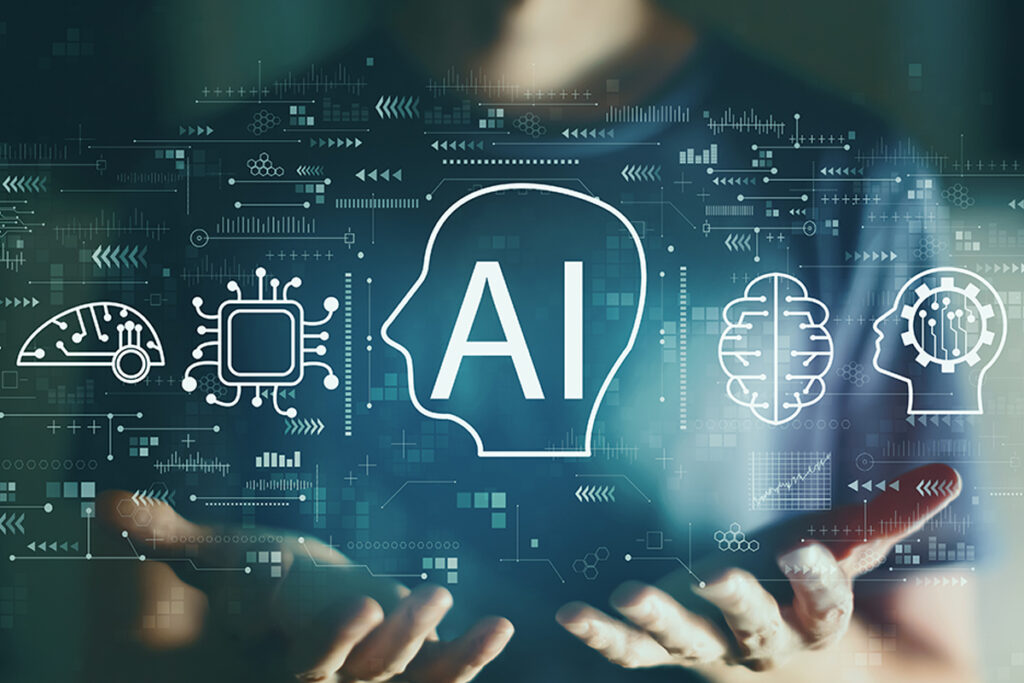In the rapidly evolving world of artificial intelligence (AI), a major debate has surfaced among tech leaders regarding the future of AI regulation. The heart of the discussion lies in whether AI development should be open-source or follow a closed model. This difference in philosophy not only shapes the approach to AI innovation but also influences the regulatory landscape that tech giants are actively trying to navigate.
A new group, the AI Alliance, has been formed by Facebook parent Meta and IBM, advocating for an “open science” approach to AI. This initiative stands in stark contrast to the positions held by other influential players in the tech industry, such as Google, Microsoft, and OpenAI, the maker of ChatGPT. The AI Alliance, which includes prominent members like Dell, Sony, AMD, Intel, various universities, and AI startups, emphasizes the importance of open innovation, including open-source technologies and the free exchange of ideas in AI development.
Open-source AI, a term derived from a decades-old software development practice, implies a model where AI code and components are freely accessible and modifiable. This philosophy underlines the importance of transparency and collaborative progress in AI research and development. However, this open approach has raised significant safety concerns, particularly regarding its potential misuse, such as in disinformation campaigns or other malicious applications.
The opposing camp, which includes companies like OpenAI, expresses apprehension about the open-source model’s inherent risks. The fear is that excessively powerful AI systems, if made publicly accessible, could lead to dangerous scenarios beyond current regulatory or ethical capabilities to control. This stance is indicative of a broader concern about the safety and ethical implications of AI technology when unrestricted access is granted.
In the backdrop of these contrasting views, a debate has emerged over the potential concentration of power in AI development. Some critics suggest that companies advocating for closed AI models are doing so to secure commercial advantages and dominate the AI market. This has led to accusations of regulatory capture, where entities attempt to influence regulations to benefit their own technologies and business models.
Governments are now grappling with the challenge of regulating this transformative technology. In the United States, President Joe Biden’s executive order on AI has highlighted the need for careful consideration of the benefits and risks associated with open-source AI. The European Union is also in the throes of finalizing AI regulations, with discussions ongoing about whether to exempt certain open-source AI components from the rules that govern commercial models.
As the debate intensifies, the tech industry finds itself at a crossroads. The decision between open-source and closed AI models is not just a technical one; it is a choice that will significantly shape the future of AI innovation, its ethical boundaries, and the landscape of global tech regulation.


